RESEARCH THEMES
RESEARCH Streams
SHORTCUTS
Want to know more about our research? Click here!
INTERDISCIPLINARY COURSES
Stockholm Resilience Centre offers interdisciplinary courses on first (Undergraduate), second (Master's) and third (PhD) levels of University education. Want to know more about our courses? Click here!
POLICY and Practice
Our engagement in science-policy-practice activities has increased steadily over the years and range from high-level UN dialogues to local resilience assessments. Want to know more about our policy work? Click here!

Stockholm seminar with professor Bert de Vries, 28 March 2017. Photo: K. Jonsson/Azote
Bildtext får vara max två rader text. Hela texten ska högerjusteras om den bara ska innehålla fotobyline! Photo: B. Christensen/Azote
stockholm seminar
Ethics, finance and the Sustainable Development Goals: A reflection
Stockholm Seminar with professor Bert J.M. de Vries, 28 March 2017
Text
In this seminar professor De Vries will reflect upon ethical aspects of the Sustainable Development Goals (SDGs). The SDGs are interpreted as an expression of the Modernist worldview, attempting to reconcile aspirations for the good life with local, regional and planetary boundaries. He will first address the underlying image of (wo)man, nature and the (welfare) state, and the implicit notion of ‘the good life’. He will then briefly evaluate the feasibility of the SDGs according to Global Change analyses such as Limits to Growth, TARGETS, SRES and the recent Shared Socio-economic Pathways.
He will interpret the findings of this analysis in the context of prevailing ethical theories and questions surrounding the sustainable development debate, using his “worldview approach” as the basis of a broader framework that he argues is necessary if the SDGs are not to be seen as a “naïve wish-list”. The talk concludes with examples of how this can be applied, notably within the financial system, by presenting a simple system dynamics model which explores the role of money (creation) in the economy.
About Bert J.M. de Vries
Bert J.M. de Vries has a background in Theoretical Chemistry. He received his Ph.D. in sustainable resource-use and modelling from Groningen University. From 1990 he has worked at the Netherlands Environmental Assessment Agency on energy and global change issues. He was Professor of Global Change and Energy at Utrecht University (2003-2013) where he is now emeritus professor.
He has published extensively on resource and in particular energy analysis, modelling and policy; climate and global change modelling and scenario construction; and (complex) systems modelling for sustainable development. He has co-edited several books, including Perspectives on Global Change: The TARGETS Approach and Mappae Mundi: Humans and their Habitats in a Long-Term Socio-Ecological Perspective. He published the textbook Sustainability Science, based on ten years of teaching the course “Sustainable Development - An Integrating Perspective”.
At present, his interest and research is focused on worldviews and ethics in relation to sustainability, and the connection between sustainable development and the financial system.

Stockholm Resilience Centre
Stockholm University, Kräftriket 2B
SE-10691
Phone: +46 8 674 70 70
info@stockholmresilience.su.se
Organisation number: 202100-3062
VAT No: SE202100306201



